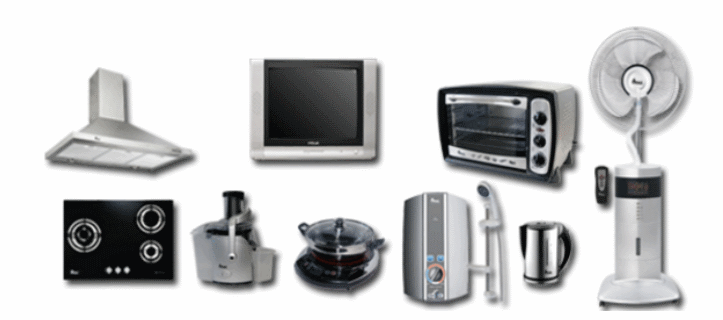What is PAT Testing?
Portable appliance testing (PAT) is the term used to describe the examination of electrical appliances and equipment to ensure they are safe to use and comply with regulations.
Most electrical safety defects can be found by visual examination but some types of defect can only be found by testing. However, it is essential to understand that visual examination is an essential part of the process because some types of electrical safety defect can’t be detected by testing alone.
How do you carry out a Pat test?
A relatively brief user check (based upon simple training and perhaps assisted by the use of a brief checklist) can be a very useful part of any electrical maintenance regime. However, more formal visual inspection and testing by a competent person may also be required at appropriate intervals, depending upon the type of equipment and the environment in which it is used.
The frequency of inspection and testing depends upon the type of equipment and the environment it is used in. For example, a power tool used on a construction site should be examined more frequently than a lamp in a hotel bedroom.
There is no legal requirement to label equipment that has been inspected or tested, nor is there a requirement to keep records of these activities. However, a record and / or labelling can be a useful management tool for monitoring and reviewing the effectiveness of the maintenance scheme – and to demonstrate that a scheme exists.
Is it compulsory to PAT Test?
It is not compulsory to carry out Pat testing, however the legal system simply requires an employer to ensure that their electrical equipment is maintained in order to prevent danger. It does not say how this should be done or how often.
Employers should take a risk-based approach, considering the type of equipment and what it is being used for. If it is used regularly and moved a lot e.g. a floor cleaner or a kettle, testing (along with visual checks) can be an important part of an effective maintenance regime giving employers confidence that they are doing what is necessary to help them meet their legal duties.
HSE provides guidance on how to maintain equipment including the use of PAT.









